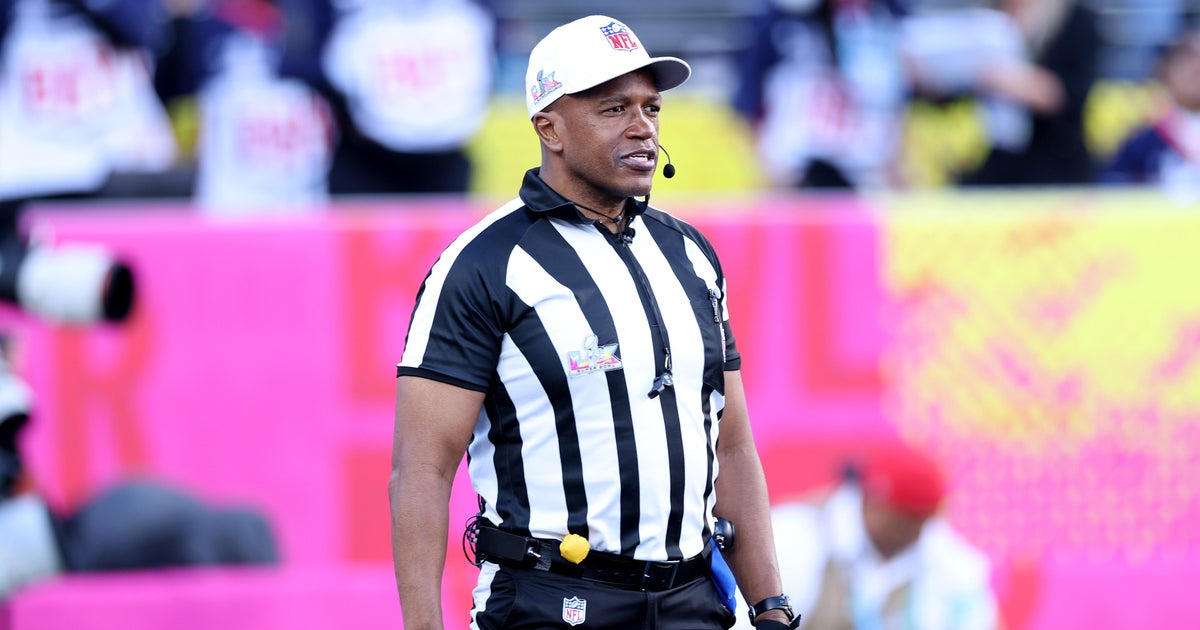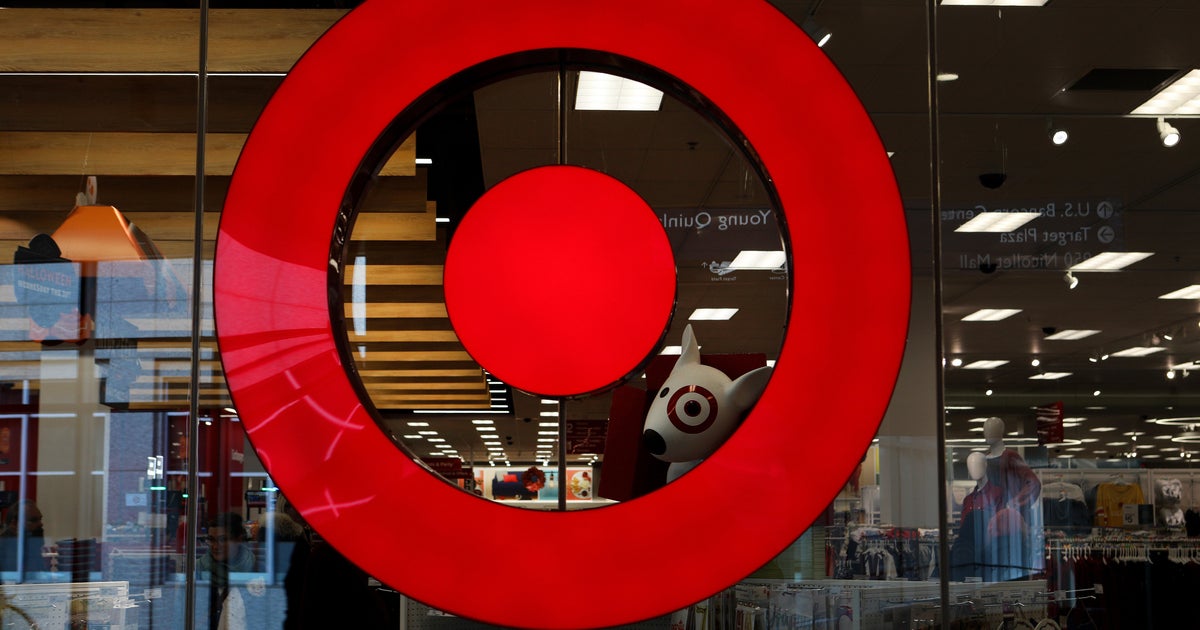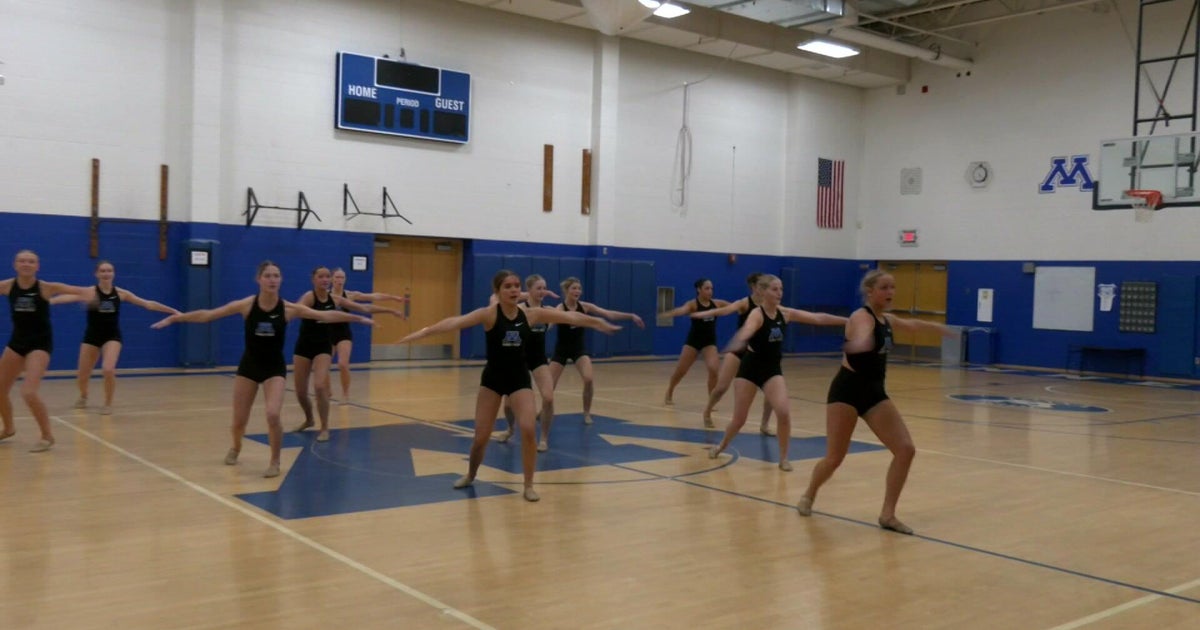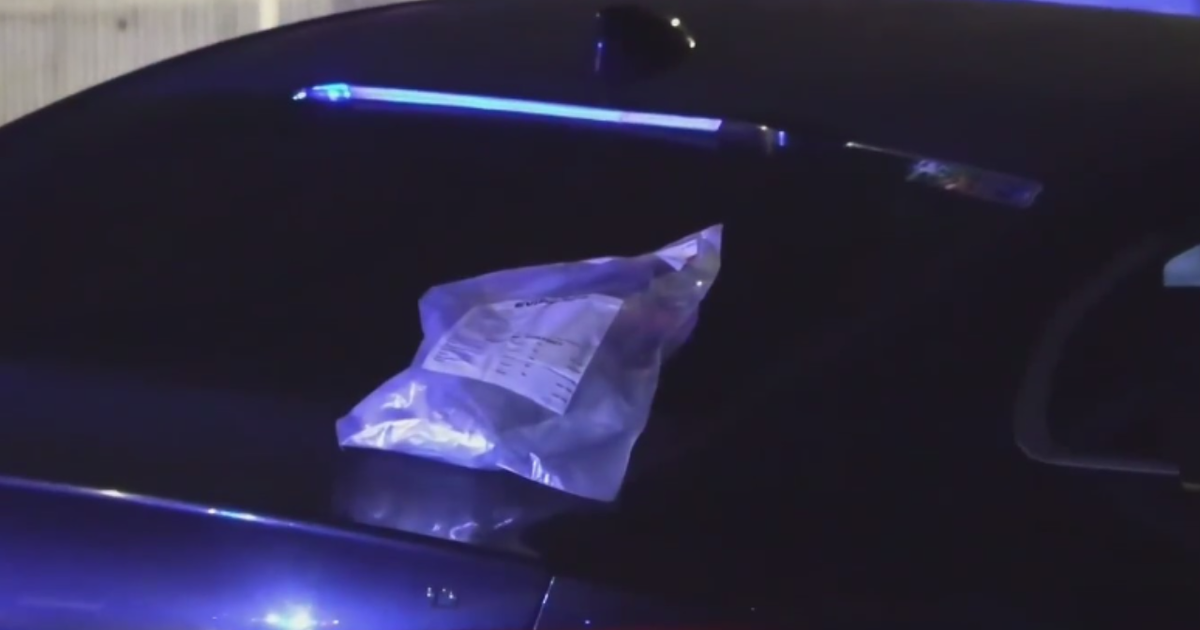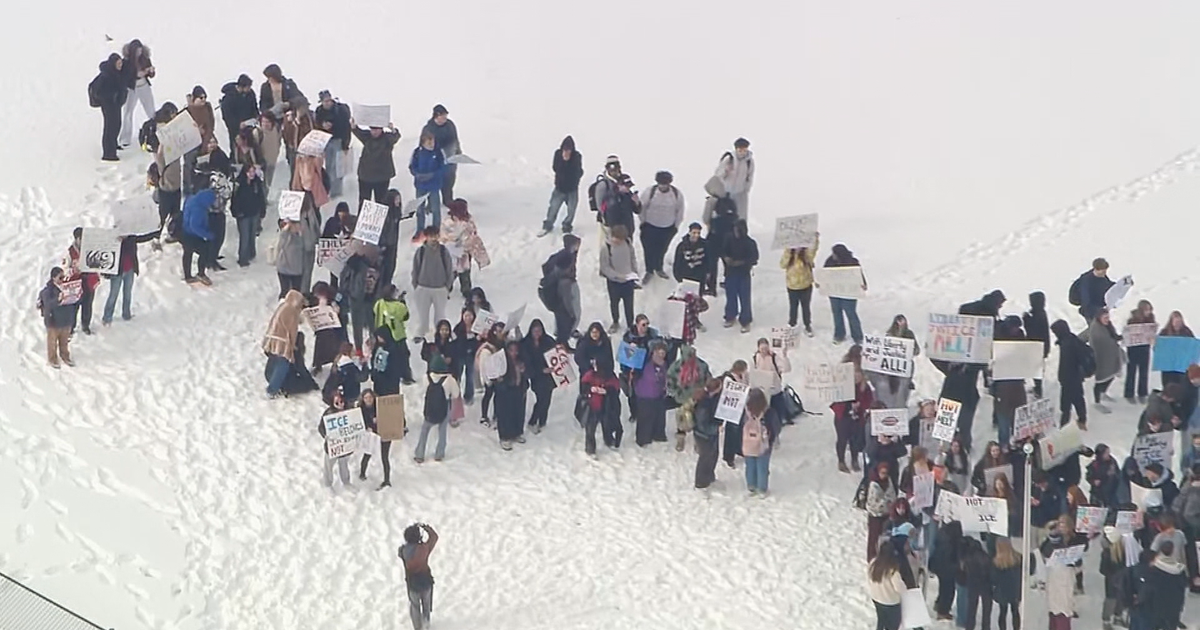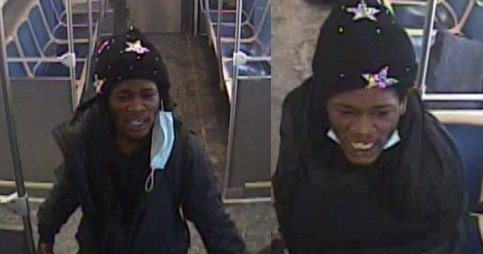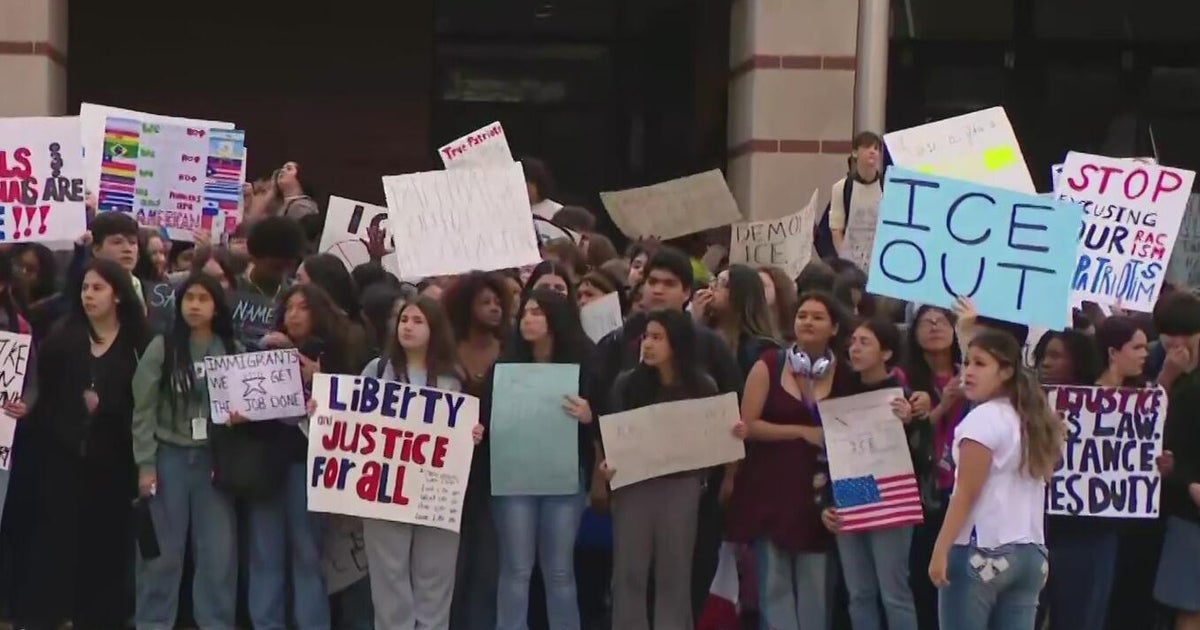What It Takes To Be A Final Four Referee
MINNEAPOLIS (WCCO) -- One team will step on the hardwood this week without wearing any school colors. The NCAA picked 10 of college basketball's best referees in charge of officiating the Final Four games.
It's a task built for the most even-keeled enthusiasts, said the NCAA's JD Collins, in charge of hiring the officials.
"You have to have good judgment, number one," said Collins. "You have to be [in the right position], because when you're out of position, that's when you tend to miss calls."
He says there are 900 Division-I men's basketball referees. A team analyses each of them and eventually 100 get picked for the NCAA tournament. The top-ranked officials typically get the games with higher stakes.
"I'll tell you, these 10 officials and 100 that work the tournament have a passion that I can't really describe," said Collins. "They were born to referee, and they know it, and they want to excel as best they can."
Collins notes the 2018-2019 college basketball season had a 95% accuracy rate, meaning that's how many of the calls the referees got right. He also understands most people only remember the 5% of calls they got wrong.
Part of the misunderstanding during controversial calls has to do with the difference in perspectives. Collins explained how fans, parents, and sometimes coaches typically follow the ball.
Referees are trained to follow the defense. When an official calls a charge, for example, and half of the room is upset, referees see the defense in a legal guarding position, and then a crash. If the official is in the right position, he should get the call right.
"We're not going to be perfect," said Collins. "We're humans and we are going to miss plays. We just hope it doesn't happen at the end of the game that impacts the winner and loser. That's the goal and bringing the right officials here that can handle that pressure and be poised in those moments."
While in Minneapolis, Collins will host a seminar for the next generation of referees. Sixty officials will attend from Minnesota's small colleges and high schools. His goal is to empower them during an industry-wide shortage, hoping they stay in the game.
